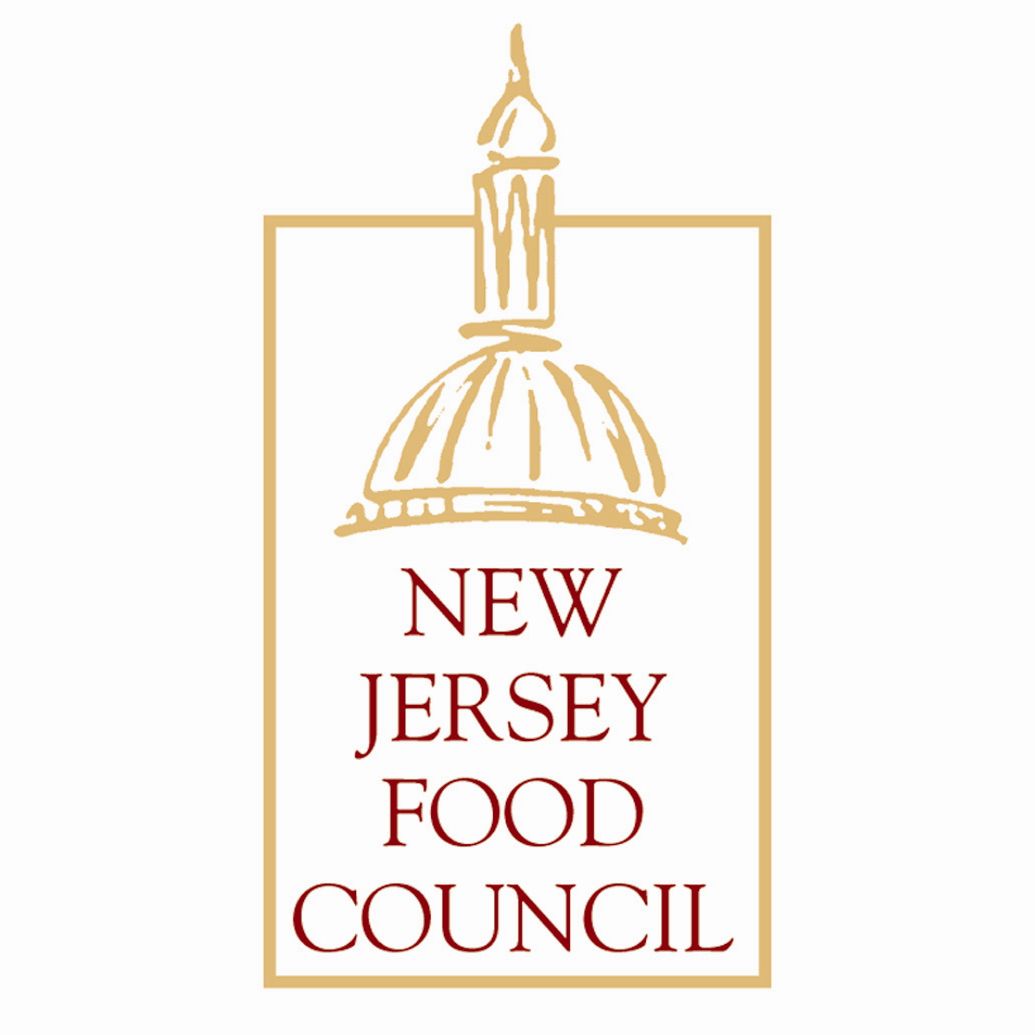Legislative Policies & Priorities

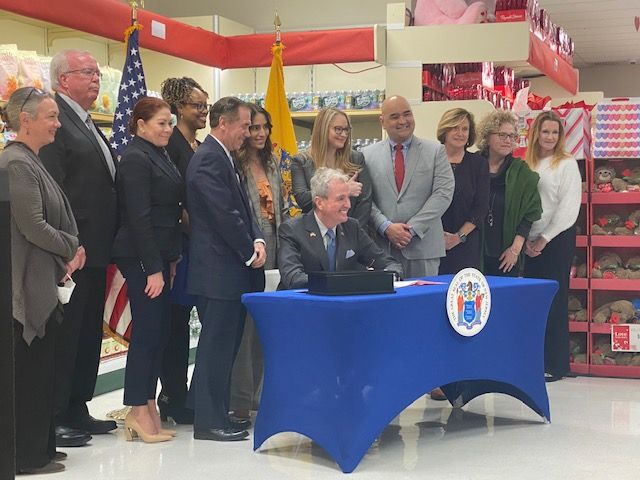
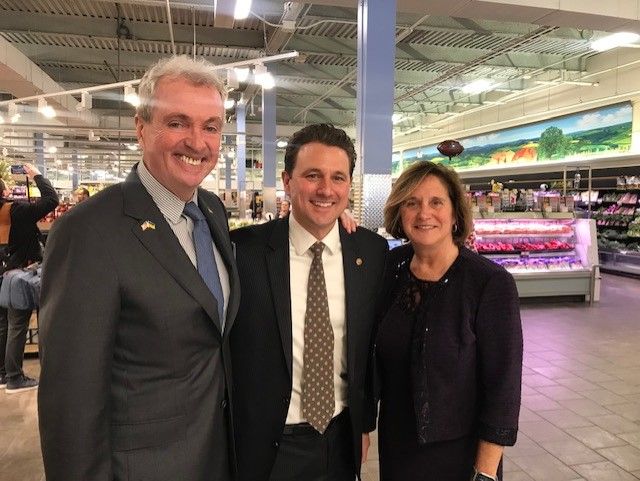

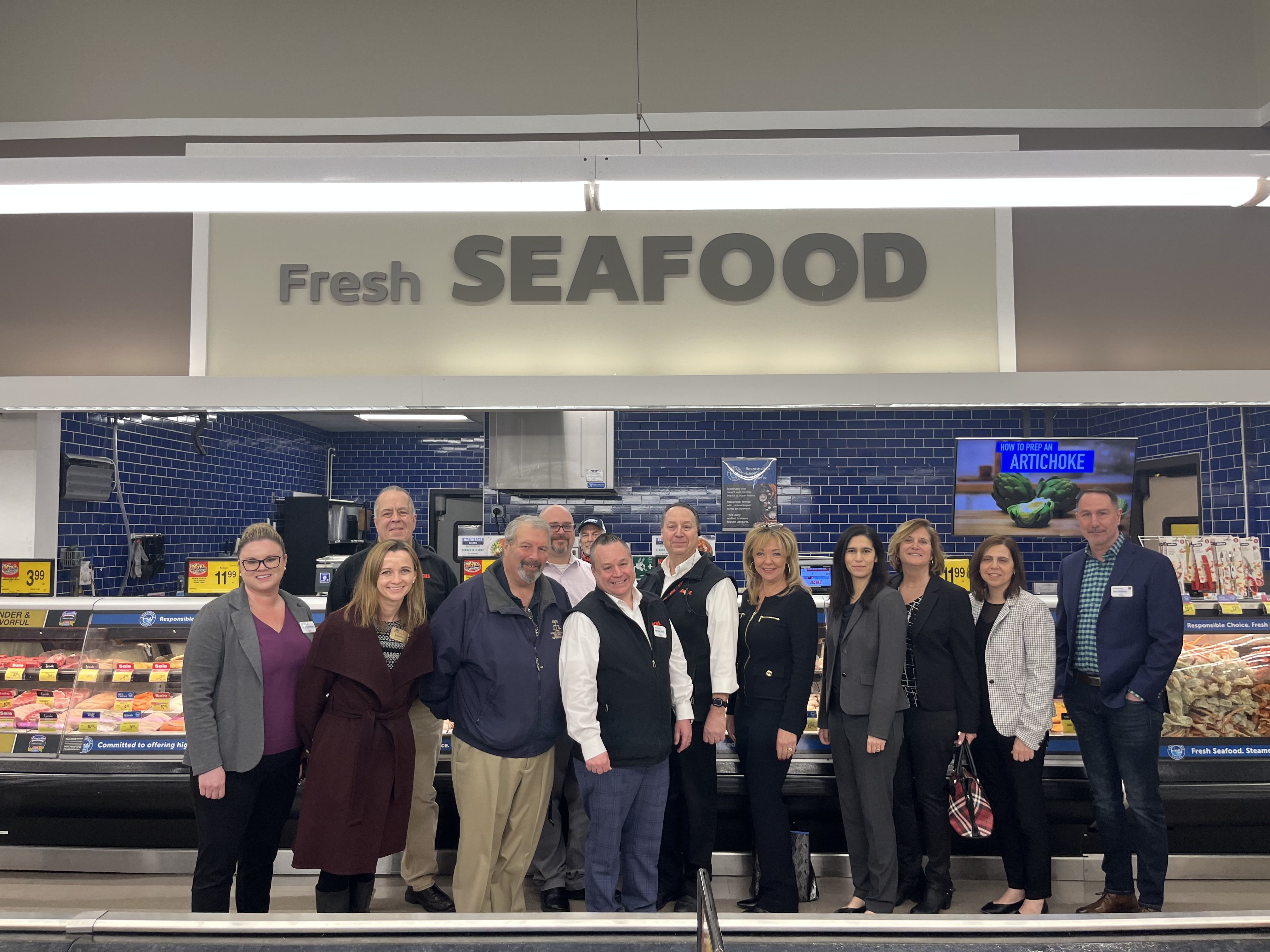
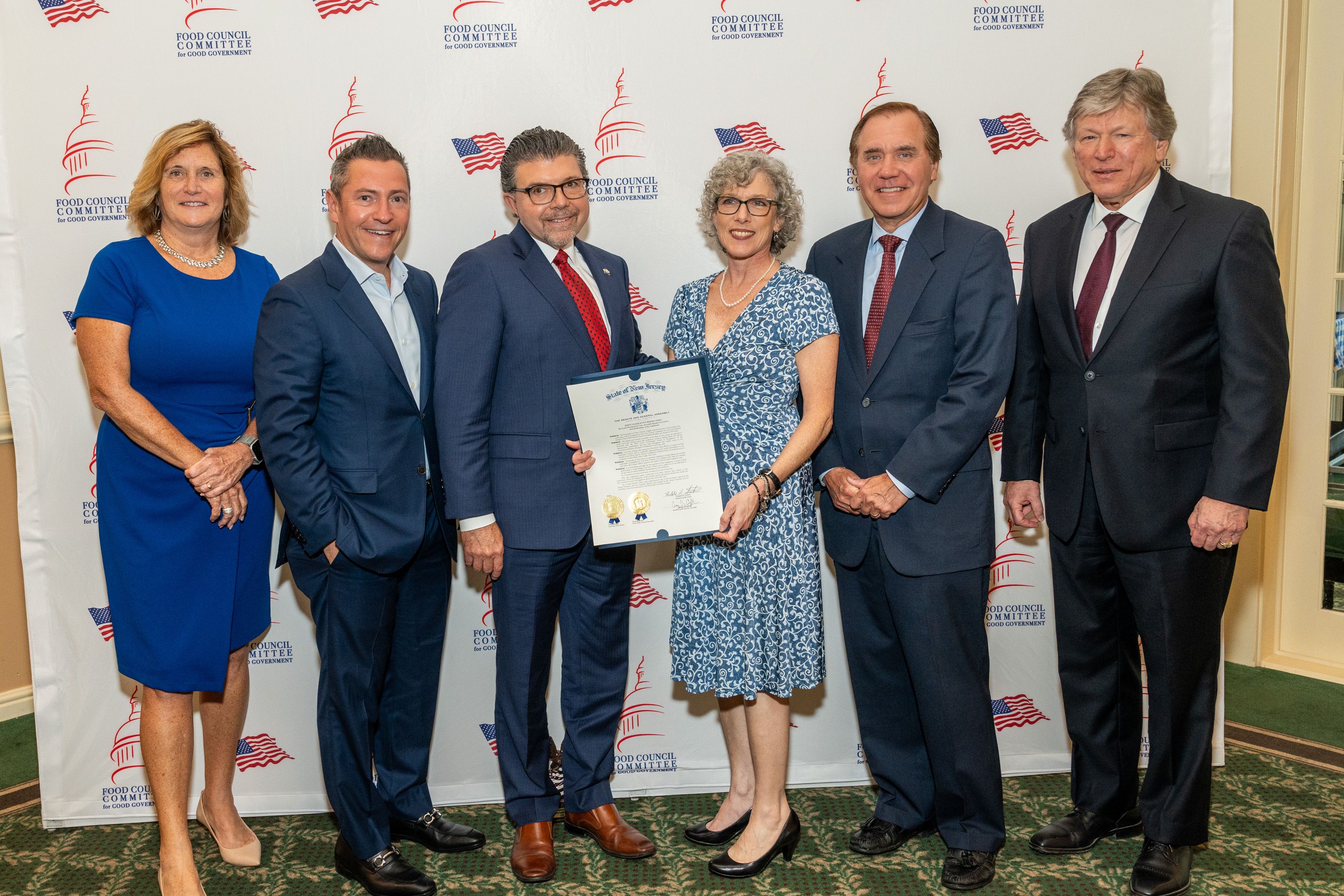
Key Issues:
Organized Retail Crime (ORC) is a growing problem throughout the United States affecting a wide range of retail establishments including grocers and convenience stores in New Jersey. The 2023 National Retail Security Survey found that retailers faced an estimated loss of $112.1 billion nationwide in shrink, primarily attributed to ORC incidents. Retailers have also reported increased physical violence and verbal assault against store associates in recent years. A Violence in the Retail Workplace Survey shows that 23% of survey respondents said they experienced verbal assault and 14% said they faced physical assault.
NJFC is advocating for legislation that is designed to target ORC enterprises and protect employees. The proposed legislation includes language that will: create the crime of aggravated assault of a retail worker; give prosecutors the option to request enhanced sentencing for persistent offenders; provide a one-year look back period for the aggregation of the value of the amount of stolen goods to determine the grade of the crime; increase the penalty for tax evasion in connection with being a leader of an ORC enterprise; upgrade the crime of leader of organized retail theft enterprise; create the offense of fostering the sale of stolen property; establish an Organized Retail Theft Unit in the Department of Law and Public Safety; and combat gift card fraud.
The Legislature has introduced legislation that would impose a bottle deposit tax system in New Jersey. NJFC strongly opposes bottle bills. In addition to the significant operational and sanitary challenges for food retailers and manufacturers, as well as the increased costs on consumers, this legislation would significantly harm New Jersey’s existing recycling programs. This bill would result in the suspension of the litter tax, which funds the Clean Communities Program. Without a revenue source, this Program would be virtually eliminated, along with the funds distributed to every municipality through this Program. Additionally, bottle bills lead to pest and rodent infestation problems. NJFC members go to great lengths to ensure safe and hygienic conditions in their stores, and this mandate would make it harder for store managers to keep their stores clean and sanitary. A bottle bill is a tax on consumers as many customers will not bring their containers back to the store to recoup their deposits. If a ten cent per container tax were to be enacted, that would amount to an additional tax of $2.40 per case.
NJFC members are committed to sustainability and working toward a circular economy, which includes increasing recyclable content, minimizing packaging, or reusing material. To ensure food safety, packaging engineers design packaging for food and beverages differently. There are barriers to ensure the food remains fresh, and to prevent contaminants from getting into the food. Packaging also protects the food from damage or exposure to elements. Some food and beverage packages must be tested for years to ensure proper performance and prevention of microbial contamination. Additionally, food and beverage manufacturers may be challenged to reach their sustainability goals due to unexpected challenges, such as disruptions in the supply of certain materials, technological limitations, or food safety considerations.
In recent years, NJFC has opposed multiple pieces of legislation that impose new burdensome packaging and labeling mandates which are not feasible.
EPR/Packaging Product Stewardship: The Legislature has introduced a bill which would require producers of packaging products sold in the State to implement packaging product stewardship plans. This bill is extremely complex and not feasible to implement. This bill prescribes onerous requirements for producers to achieve specific source reduction goals and recycling rates by certain dates. These rates and dates seem arbitrary and do not account for the work being undertaken to reduce plastics in an attainable and balanced manner. These goals can only be achieved after many years of research and testing, and manufacturers may run into unexpected challenges, such as a low supply of alternative materials. As previously noted, packaging for food and beverage products is particularly challenging as altering packaging has the potential to compromise the structural integrity of the package or container. Switching material or packaging types is a complicated and lengthy process. This bill also includes refillable and reusable mandates without accounting for food safety considerations. This legislation creates new punitive enforcement mechanisms instead of focusing on education and compliance.
Plastic & Chemical Reductions/Restrictions: The Legislature has advanced a bill which would require producers of packaging to reduce the amount of plastic packaging sold or distributed in New Jersey. It also would restrict additional substances under the Toxic Packaging Reduction Act, including PFAS, and excludes advanced recycling technologies from the definition of recycling. The source reduction mandates, and various restrictions and limitations, are not feasible to implement. The plastics reduction can only be achieved with significant research and testing of alternative materials. Also, various chemicals and substances banned under the legislation are already regulated by the FDA, which continuously reviews substances that are used in food products. FDA is the appropriate regulatory authority to make determinations about food safety in products produced for national and global markets. Excluding advanced recycling is concerning because food manufacturers do not think they will be able to achieve compliance with the recycled content requirements without using materials derived through advanced recycling. Mechanical recycling alone does not produce enough supply of food grade plastics for manufacturers to make new products and packaging appropriate for food contact.
Recycling Labeling Restrictions: The Legislature has advanced a bill which would prohibit the sale, distribution and import of products or packaging marketed as recyclable, unless NJDEP determines that the products are widely recycled. This bill sets standards for producers which are virtually impossible to comply with and which would result in significantly more consumer confusion and fewer products being recycled. Many recycling labels and instructions would need to be removed from packaging if this bill were to be enacted. Consumer education and awareness is critical to increasing recycling rates, and this bill undermines those efforts by restricting information that can be provided on packaging about recycling.
The Legislature has advanced legislation that prohibits the sale, manufacture, or distribution of foods which contain various substances or additives. A patchwork of state-level laws disrupts interstate commerce, reduces consistency, confuses consumers, and increases the costs of food and other products. Even if different states passed their own laws with identical language, the details, standards, and other critical provisions that are often determined during the regulatory process could result in significantly different outcomes. The FDA is the appropriate regulatory body to review, approve, or remove food and color additives from commerce. The FDA continuously reviews colors and other food additives and also engages in post-market approval reviews to ensure that food and color additives remain safe for their intended uses.
